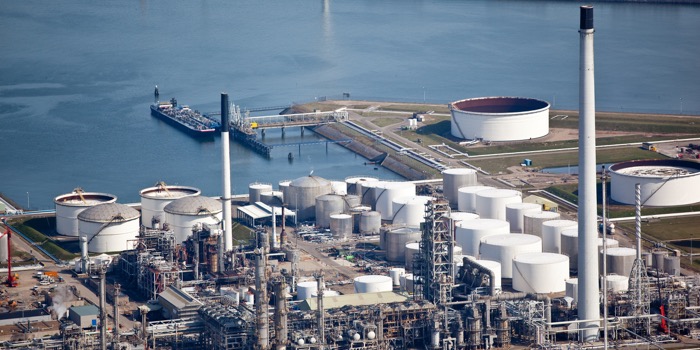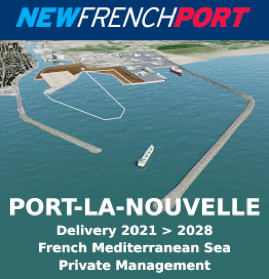British Ports responds to reasonable worst-case scenario Brexit assumptions
Responding to the letter sent to trade bodies by the chancellor of Duchy of Lancaster Michael Gove, which highlights potential issues for freight traffic after the Brexit transition period, the British Ports Association has suggested that a major Government and cross-industry effort is needed to ensure hauliers and traders are prepared.
The British Ports Association which represents 86% of port activities including all the main Roll-on Roll-off ports is closely engaged in the deliberations between Government and industry.
New border control processes at ports such as Dover, Fishguard, Holyhead, Hull, Immingham, Liverpool, Newhaven, Pembroke, Plymouth, Poole, Portsmouth, Purfleet and Tyne, as well as ports facilitating domestic traffic between GB and NI, which will require physical and digital infrastructure.
The ports industry is reporting that significant amounts of preparation is underway across the sector but that while there is obviously a lot going on elsewhere, wider trader preparedness is largely unknown.
Commenting, the British Ports Association Chief Executive Richard Ballantyne said: “In recent months there has been a flurry of Government activity. Ports are working to ensure infrastructure is ready but is still a lot to do. In particular decisions policy makers need to agree in respect of specifications for infrastructure. However in terms of the wider freight operations there is perhaps even more to do. We will now be looking at ways to support the Government’s drive to communicate the new requirements to the wider freight and logistics industry to avoid many of the scenarios given in the analysis from arising.”
For more information visit www.britishports.org.uk
28th September 2020













